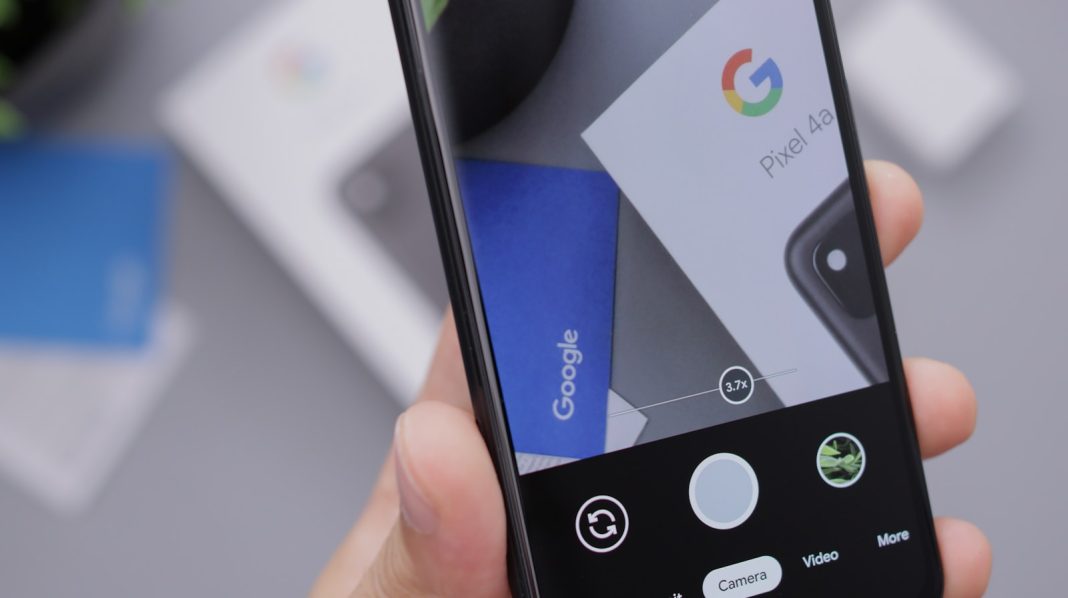Google has confirmed that Android 15, the latest version of its mobile operating system, will be released in October. The announcement follows the recent launch of the Pixel 9 series, which, despite being Google’s flagship smartphone for 2024, does not come pre-installed with Android 15 but instead operates on Android 14.
This approach marks a departure from Apple’s tradition of releasing new iPhones with the latest iOS version. However, Google has assured users that they won’t have to wait long, as Android 15 is scheduled to roll out in mid-October. The timeline was confirmed after Google updated its release notes for the Android Beta Exit update with a statement: “If you are waiting for the Android 15 stable update, please ignore this OTA till Android 15 is available in October.”
Compatibility: Which Devices Will Receive Android 15?
Android 15 will initially be available to Google’s Pixel lineup, beginning with the Pixel 6 series and newer models. The full list of devices compatible with the update includes:
- Pixel 6 and 6 Pro
- Pixel 6a
- Pixel 7 and 7 Pro
- Pixel 7a
- Pixel Fold
- Pixel Tablet
- Pixel 8 and 8 Pro
- Pixel 8a
- Pixel 9 and 9 Pro XL
Other Android manufacturers will also release updates for their devices, though the timing will vary. Currently, the Android 15 beta is accessible on select devices from Android partners, including Honor, iQOO, Lenovo, Nothing, OnePlus, OPPO, realme, Sharp, TECNO, vivo, and Xiaomi. These brands typically follow a staggered release schedule, with updates arriving in the weeks or months following Google’s official rollout.
What’s New in Android 15?
While Android 15 is not expected to bring radical changes to the user experience, it does introduce several significant updates, particularly in the areas of privacy, security, and usability.
Privacy and Security Enhancements
Among the most anticipated features is Private Space, which allows users to create a separate area on their devices for sensitive apps and files. This feature is designed to provide an additional layer of security, ensuring that private information remains protected even if the device is compromised.
Complementing Private Space is the Theft Detection Lock. This feature aims to prevent unauthorised access to a stolen device. If the smartphone detects that it has been stolen, it will automatically lock down, making it much harder for thieves to access data or reset the device.
Additionally, Android 15 introduces an authentication lock feature. Similar to Apple’s security measures, this feature requires users to input their account credentials before they can set up the device as new. This step significantly hinders the ability to reset and resell stolen smartphones.
Usability and Productivity Features
Android 15 also brings a range of new features designed to enhance productivity and usability.
Partial Screen Sharing is a noteworthy addition, allowing users to share specific sections of their screen during video calls or presentations. This feature could prove particularly useful for professionals who need to share information without revealing their entire screen.
Another innovative update is the notification cooldown feature. This new tool enables users to limit the frequency of notifications from specific apps, helping to reduce distractions and improve focus. For those who find themselves overwhelmed by constant alerts, this could be a game-changer.
The Camera app on Android 15 also sees some enhancements, offering more granular controls to users. Additionally, a high-quality webcam mode has been introduced, allowing Android smartphones to serve as reliable webcam replacements. This feature is expected to appeal to those who rely on video conferencing for work or social interactions.
Lastly, Android 15 continues to build on its satellite connectivity capabilities. While details remain sparse, this is likely part of Google’s ongoing effort to improve communication in remote or underserved areas, aligning with broader industry trends towards enhancing satellite-based mobile connectivity.
A Closer Look at the Rollout Strategy
Google’s decision to launch Android 15 in October, after the release of its latest Pixel phones, reflects a strategic approach. By releasing the Pixel 9 series with Android 14, Google can ensure stability and minimise the risk of launch-day software issues. This method allows the company to fine-tune the operating system, incorporating feedback from early adopters before the broader release.
Furthermore, this staggered approach gives other Android manufacturers time to test and optimise the update for their respective devices. The Android ecosystem, known for its diversity, poses a unique challenge when it comes to rolling out updates across different hardware configurations. By setting a mid-October timeline for Android 15, Google is likely aiming to ensure a smoother and more reliable update process across the board.
The Future of Android
As Google prepares to launch Android 15, the industry is already looking ahead to the next significant developments in mobile technology. The emphasis on privacy and security in this update signals a growing trend towards user protection, a response to increasing concerns over data breaches and digital privacy.
Moreover, the continued focus on satellite connectivity could pave the way for more resilient communication networks, particularly in remote or disaster-stricken areas. This aligns with broader industry efforts to expand mobile connectivity beyond traditional networks, ensuring that even the most isolated communities can stay connected.
In conclusion, Android 15 promises to deliver meaningful improvements in privacy, security, and usability, without dramatically overhauling the user experience. As the update rolls out in October, it will be interesting to see how these new features are received by users and whether they meet the growing demands for greater control over personal data and device functionality. With its sights set firmly on the future, Google appears to be laying the groundwork for a more secure and versatile mobile ecosystem, setting the stage for further innovations in the years to come.


